“That’s a substantial chunk of neuroscientists who think there’s a very real chance that it will work,” said neuroscientist Dr Ariel Zeleznikow-Johnston to IFLScience.
Category: neuroscience – Page 171

Heavy Drinkers Face Higher Risk of Brain Lesions And Alzheimer’s Markers
Alcohol is notoriously bad for health, and a recent study might add “long-term effects on brain health” to the growing list of ways drinking can cause harm.
The research, led by scientists at the University of São Paulo in Brazil, investigated the impact of regular drinking by examining brain autopsy data from 1,781 individuals, correlating findings with their reported drinking habits.
After adjusting for sociodemographic and clinical variables, like smoking and physical activity, the team found that the heaviest drinkers had a 133 percent higher risk of developing vascular brain lesions compared to non-drinkers.
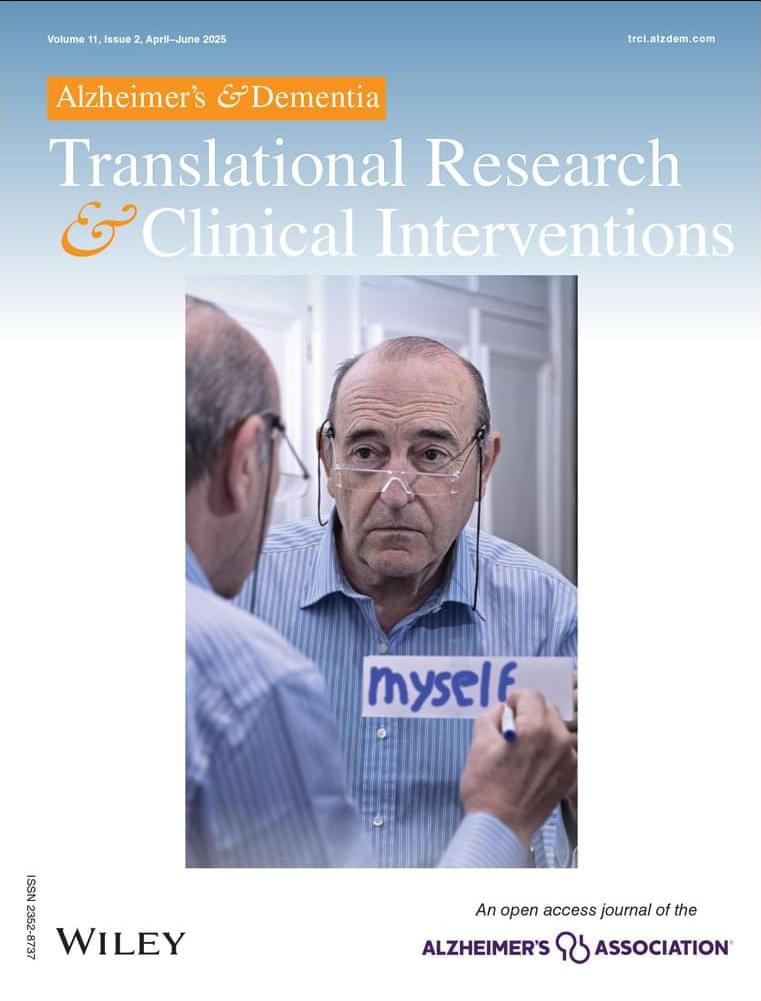
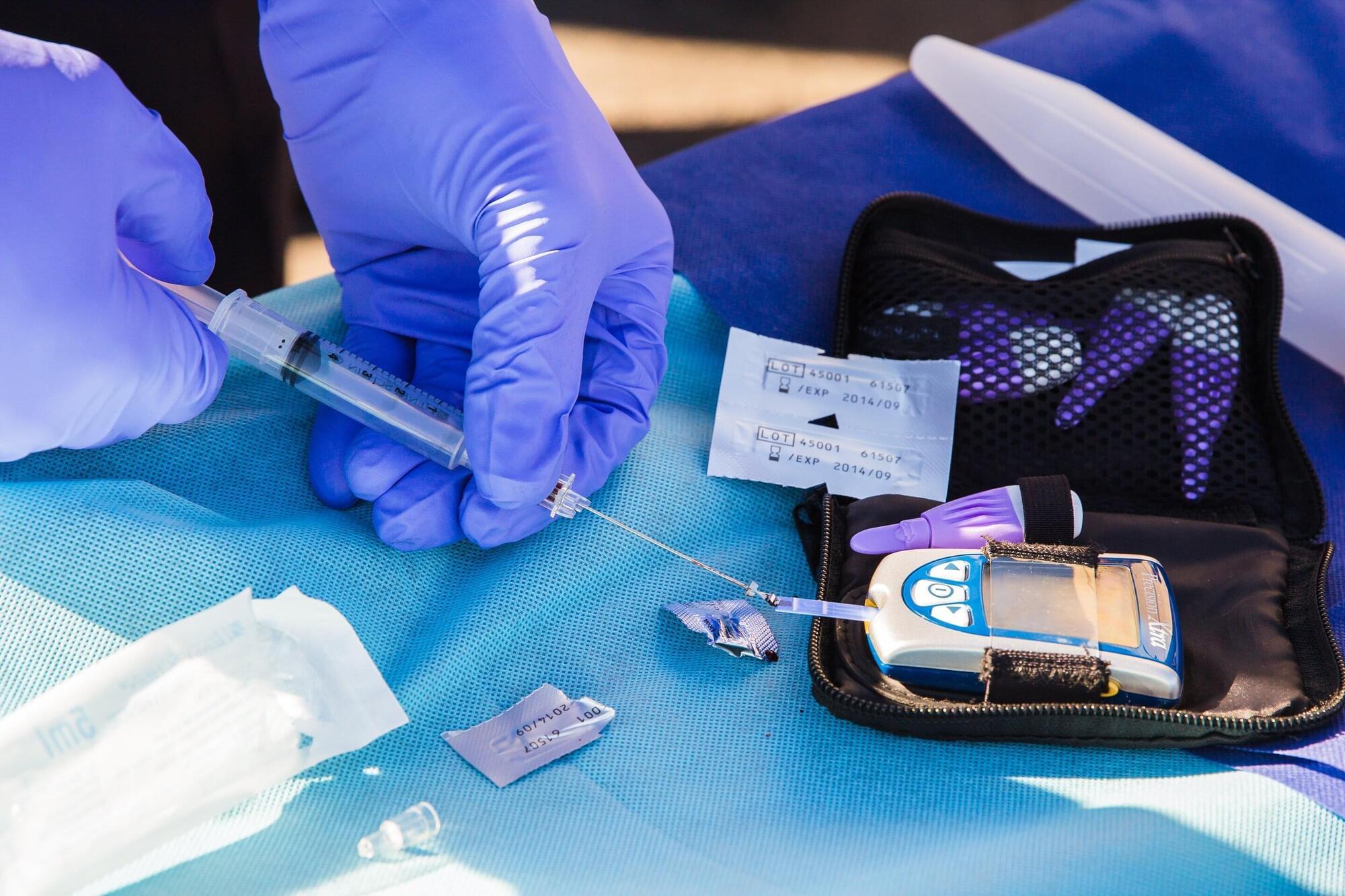
Diabetes drug may serve as alternative treatment option for hydrocephalus
A drug commonly used to treat type 2 diabetes may reduce excess fluid in the brains of patients with hydrocephalus, which could help treat the disease less invasively than current treatments, according to a Northwestern Medicine study published in the Journal of Clinical Investigation.
Stephen Magill, MD, Ph.D., assistant professor of Neurological Surgery, was senior author of the study.
Normal pressure hydrocephalus occurs when excess cerebrospinal fluid builds up inside the skull and puts pressure on the brain. The cause of the condition is elusive and affects up to 3% of individuals over the age of 65, with symptoms including cognitive decline, difficulty walking and bladder problems.
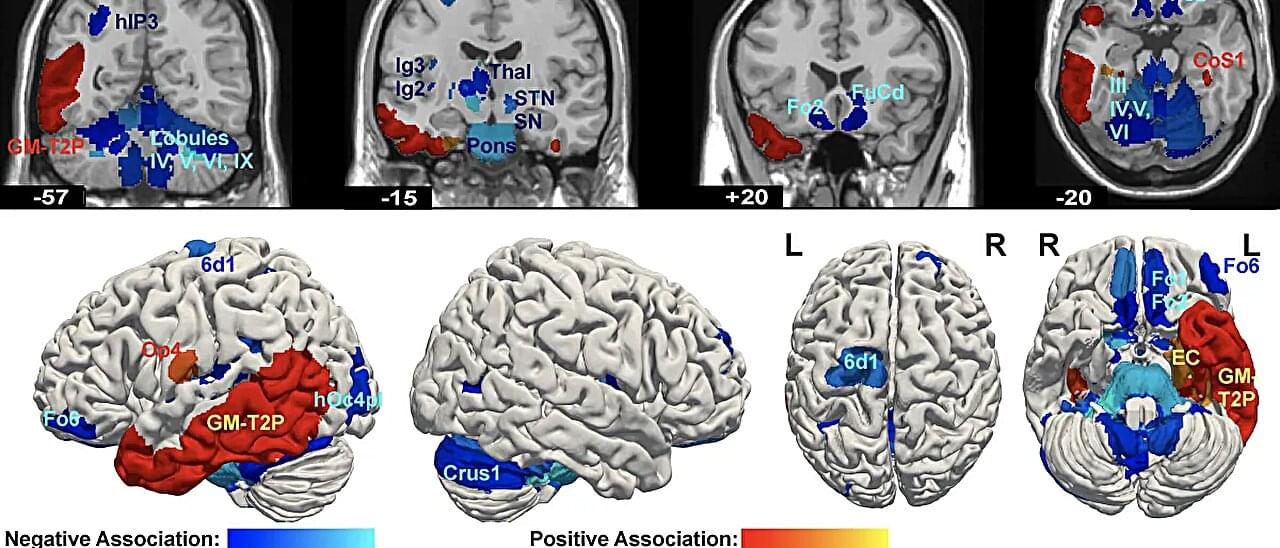
New study identifies brain networks underlying psychopathy
A recent study has shed light on the brain structure differences associated with psychopathy—a condition known to be one of the strongest predictors of persistent violent behavior.
The findings are published in the journal European Archives of Psychiatry and Clinical Neuroscience.
Using advanced neuroimaging and the Julich-Brain Atlas, researchers from Forschungszentrum Jülich, RWTH Aachen University, Heinrich-Heine-University Düsseldorf, Georg August University, (Germany) and University of Pennsylvania (U.S.) have identified specific brain networks that appear to be structurally altered in individuals exhibiting psychopathic traits. The Atlas can be freely accessed via the EBRAINS Research Infrastructure.
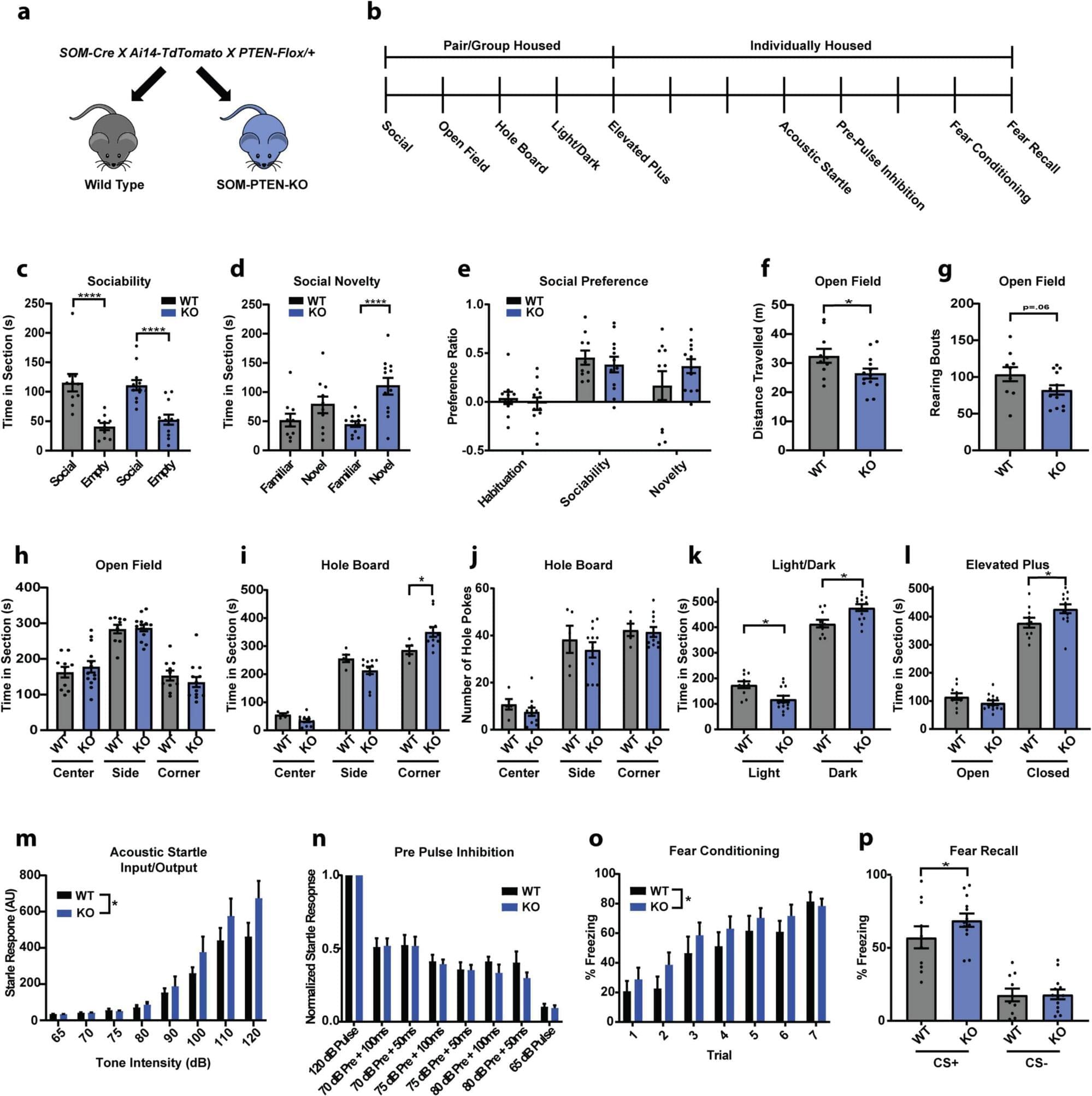
How changes in the central amygdala drive anxiety
Researchers at the Max Planck Florida Institute for Neuroscience have discovered how loss of a gene strongly associated with autism and macrocephaly (large head size) rewires circuits and alters behavior.
Their findings, published in Frontiers in Cellular Neuroscience, reveal specific circuit changes in the amygdala resulting from PTEN loss in inhibitory neurons, providing new insights into the underlying circuit alterations that contribute to heightened fear and anxiety.
PTEN has emerged as one of the most significant autism risk genes. Variations in this gene are found in a significant proportion of people with autism who also exhibit brain overgrowth, making it a key player in understanding differences in brain function. To investigate the impact of PTEN misregulation, researchers have turned to animal models, where global reduction of PTEN results in altered sociability, repetitive behaviors, and increased anxiety that are often associated with ASD in humans.
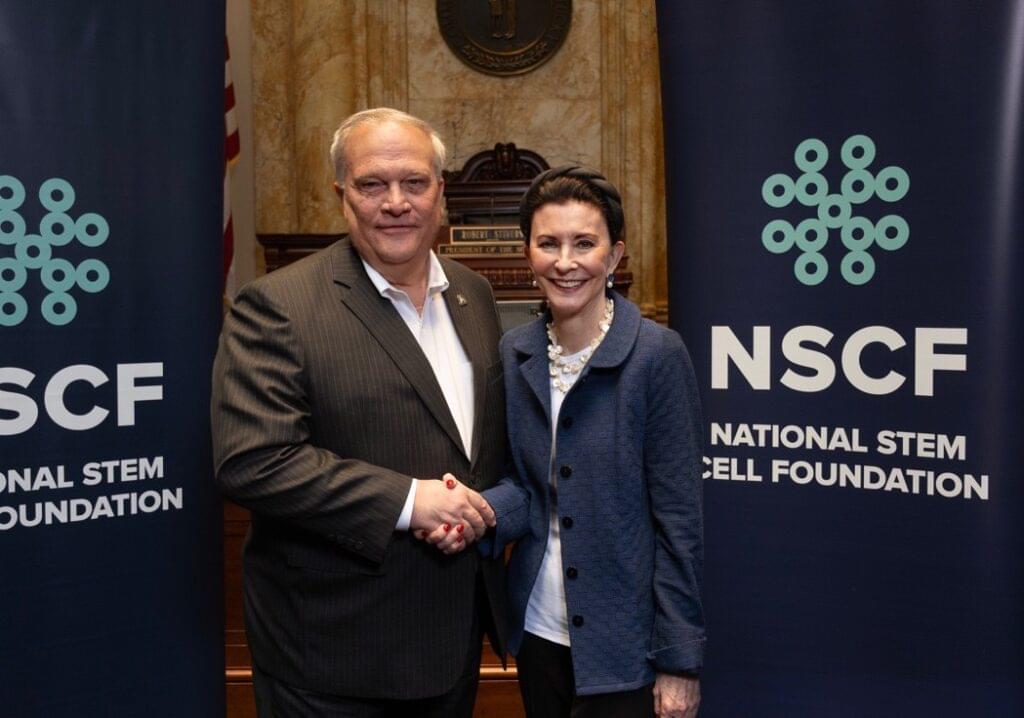
Kentucky invests $300,000 in space research to find cures for Alzheimer’s, Parkinson’s and multiple sclerosis
The National Stem Cell Foundation, which is based in Louisville, has been awarded a $3.1 million grant from NASA to continue research on brain cell behavior in space as a way to find treatments and cures for neurogenerative conditions, and Kentucky is investing $300,000 toward the project as part of a 10% match.
Kentucky’s portion was allocated in the 2024 legislative session in Senate Bill 1. The announcement was made Wednesday, March 26 at the Kentucky State Capitol.
Pointing to the space research Kentucky students have done at the Craft Academy for Excellence in Science and Mathematics and NASA’s presence at Morehead State University, Senate President Robert Stivers, R-Manchester, said it was easy for him and his colleagues to support this type of research in hopes of making Kentucky a hub for it.
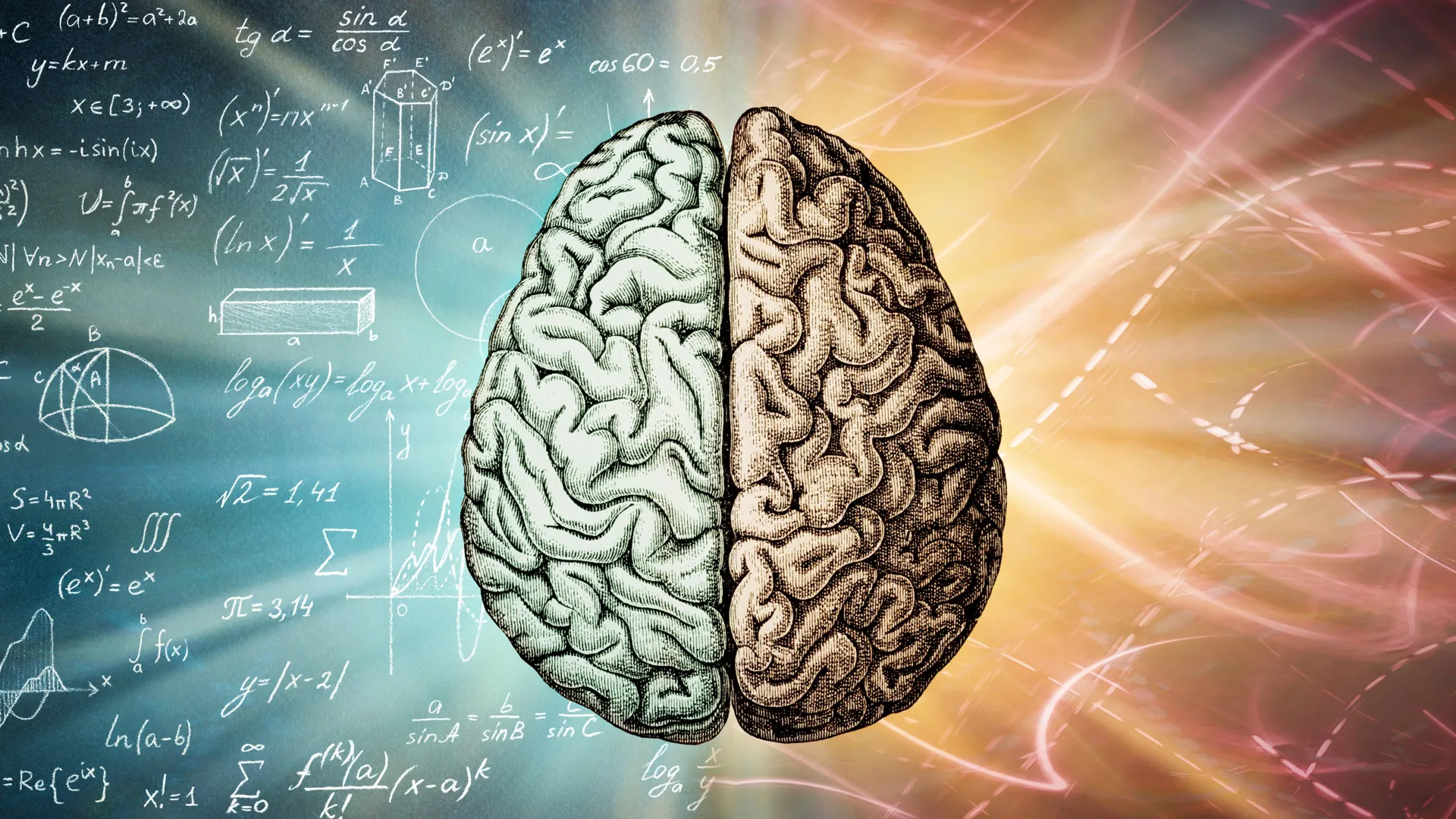
The brain’s sweet spot: How criticality could unlock learning, memory—and prevent Alzheimer’s
Our brains may work best when teetering on the edge of chaos. A new theory suggests that criticality a sweet spot between order and randomness is the secret to learning, memory, and adaptability. When brains drift from this state, diseases like Alzheimer s can take hold. Detecting and restoring criticality could transform diagnosis and treatment.
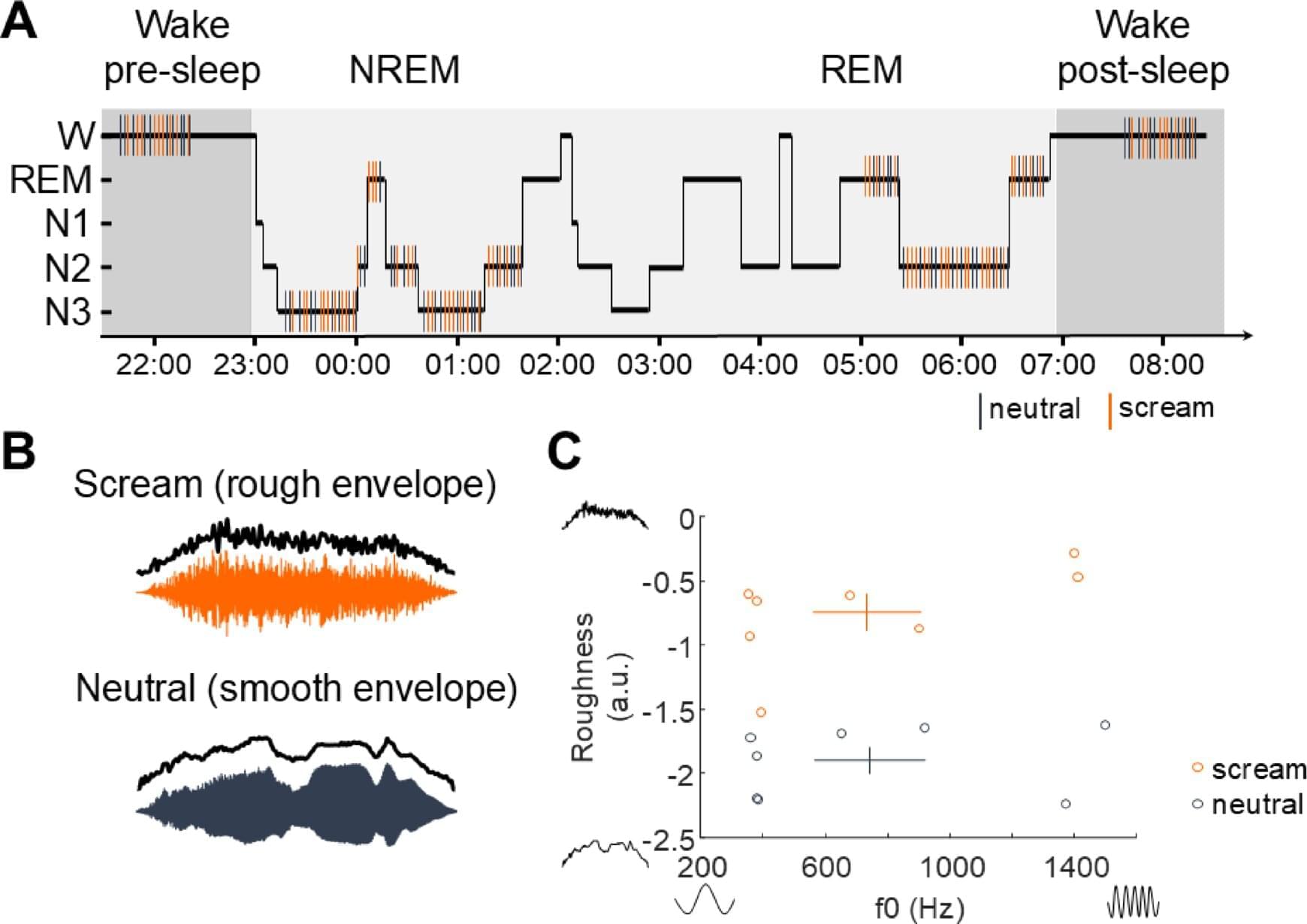
Study shows sleeping brain remains alert to harsh, urgent sounds
During sleep, the brain must achieve a delicate balance: disconnecting from sensory input to allow restorative functions, while remaining alert enough to wake if danger arises. How does it sort through external stimuli—particularly sounds—during sleep? Scientists from the University of Geneva (UNIGE) and the Institut Pasteur have studied how the brain responds to so-called “rough” sounds, such as screams or alarms.
They discovered that these sounds are systematically processed, unlike other sounds, triggering specific brain waves. These results, published in the journal Scientific Reports, provide a better understanding of certain perceptual disorders, such as hyperacusis (hypersensitivity and/or intolerance to certain sounds), as well as the impact of repeated nighttime disturbances on brain function.
Roughness is an acoustic property characterized by rapid modulations of sound intensity, between 40 and 100 times per second. “Unlike speech, where syllables occur at a rate between 4 and 8 Hz, rough sounds hit the auditory system at much higher frequencies, producing a shrill and often unpleasant sensation,” explains Luc Arnal, a researcher at the Institut Pasteur, who co-directed the study.
